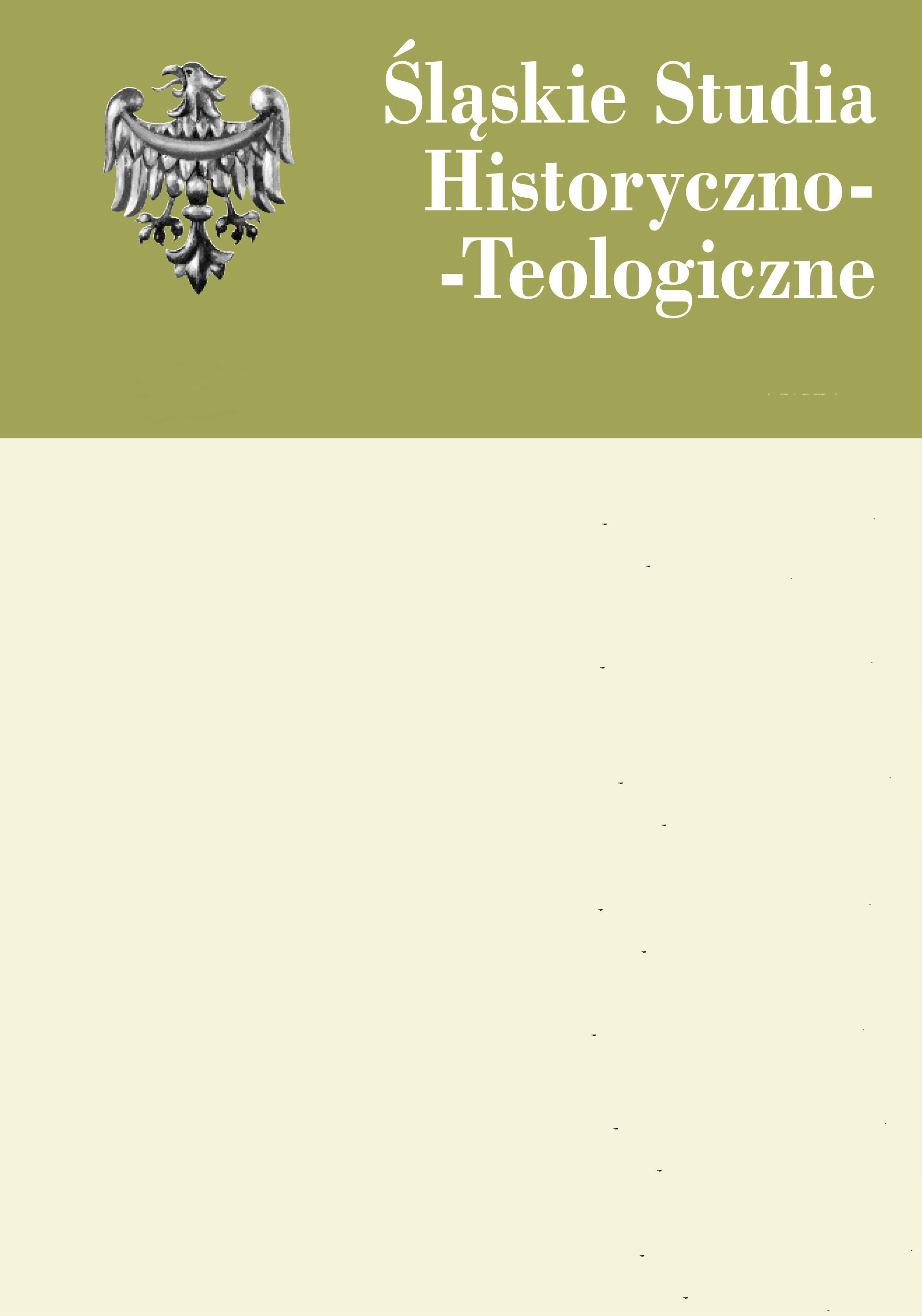Przypowieść o kąkolu w pszenicy (Mt 13,24-30.36-43) w duszpasterskiej interpretacji św. Augustyna
The Parable of the Wheat and the Tares (Matthew 13,24-30.36-43) in pastoral interpretation of St. Augustine
Author(s): Wojciech KamczykSubject(s): Theology and Religion
Published by: Księgarnia Świętego Jacka
Keywords: the sanctity of the Church; exegesis; heresies; preaching; good and bad Christians
Summary/Abstract: The problem of “sanctity” of the Church belongs to those theological topics which, despite the passage of centuries, remain valid. While pondering on the issue St. Augustine found the parable of the Wheat and the Tares extremely valuable (Matthew 13,24-30. 36-43). In the interpretation both the issues related to ecclesiology and problematic aspects of heresy occupied a lot of space. Nevertheless, in the foreground of his homilies he exposed pastoral issues and suggestions as how believers should act facing the problem of imperfection and sin in the Church. The preacher reads the symbol of grains and tares as the good and bad members of the community. This intermix refers to any ecclesiastical environment and its sensibility is an indicator of vitality of the community. A separate place in the interpretation of the pericope was occupied by heretics who excluded themselves from the community. Specifically, Donatists wanted to consider the Church as a community free of sinners, for that is why they objected to the Teachings of Christ, who called to refrain from premature separation. The pastoral teaching of St. Augustine was focused on members of the ecclesial community, among whom there were good and bad Christians. Those outraged by offensive situations he pleaded for patience, forgiveness and tolerance. Those, whose attitude was close to tares were exhorted to converse. He encouraged good grains to fidelity and perseverance recalling that on the land of the Lord the change is always possible. The appraisal of deeds and life of Christians he enjoined to leave until the Day of Judgment, when there will be a final and infallible separation since there will be a reward for those faithful and righteous.
Journal: Śląskie Studia Historyczno-Teologiczne
- Issue Year: 48/2015
- Issue No: 1
- Page Range: 101-123
- Page Count: 23
- Language: Polish

